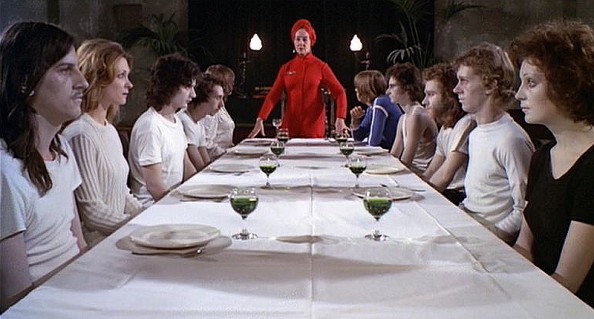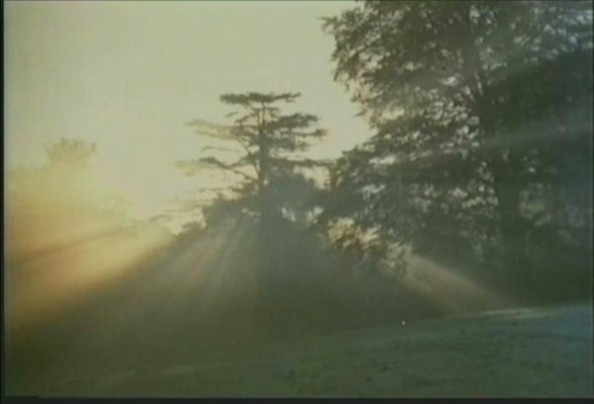
Miskatonic Institute of Horror Studies – London
Instructor: William Fowler
Date: 10 Sept 2015
Time: 7-10pm
Venue: Horse Hospital
Address: Colonnade, Bloomsbury, London WC1N 1JD
Prices: £10 advance / £8 concs / £11 on the door
Miskatonic website
‘An awful lot of people are going to miss all that gusto and kindness and fun,’ reflected distributor Derek Hill when Balch died in 1980. Critic Tony Raynes remembered a ‘lively, interesting, engaged, vigorous’ man who ‘threw a hell of a party’.
An extraordinary figure of 1960s-70s British film, Antony Balch was a true original. His love of cinema was infectious and he worked across nearly all the different areas of the business. Best known for directing the camp, grisly Horror Hospital and for collaborating with William Burroughs, he also ran two London cinemas, directed ads, made trailers, wrote reviews and distributed exploitation movies such as Don’t Deliver Us from Evil, Truck Stop Women and Massacre for an Orgy.
Horror and weird cinema fans should celebrate him for securing the first ever UK release of Tod Browning’s banned Freaks (with the help of Kenneth Anger). The 70s were a heady time for boundary pushing and he played an important part, resisting criticism whilst calling the press ‘the number one exploiter of fear, horror, hate and violence in the world’.
In this wide-ranging illustrated lecture (part of Scalarama 2015), William Fowler will explore Balch’s holistic approach to cinephilia as well as his ideas about censorship. Selected short films by Antony Balch will screen as part of the evening.
This is the first lecture of the autumn semester of The Miskatonic Institute of Horror Studies – London.
About the instructor:
William Fowler is a writer, film historian and musician. He is Curator of Artists’ Moving Image, BFI National Archive and the co-founder and co-programmer of The Flipside at BFI Southbank. His seasons and restoration projects at the BFI have included GAZWRX: the films of Jeff Keen, Queer Pagan Punk: Derek Jarman and This Is Now: Film and Video After Punk, the latter of which is currently touring internationally through LUX. He has written for The Guardian, Sight&Sound and Frieze, appeared on the Today programme on BBC Radio 4, and he also contributed chapters to Inside Out: Le Cinéma de Stephen Dwoskin and The Edge is Where the Centre: David Rudkin and Penda’s Fen (which he co-edited). He programmes the monthly BFI strand Essential Experiments and has since 2013 been the co-programmer of Experimenta in the London Film Festival.
About the Miskatonic Institute:
Named for the fictional university in H.P. Lovecraft’s literary mythos, The Miskatonic Institute of Horror Studies is a non-profit, community-based organization that started in Canada, founded by Kier-La Janisse in March of 2010. The school currently has branches in Montreal and London, with Miskatonic London operating under the co-direction of Kier-La Janisse and Electric Sheep Founder/Editor Virginie Sélavy.
All classes take place at the historic Horse Hospital, the heart of the city’s underground culture. Season ticket is £35 and will be available shortly. Individual class tickets are £10 advance / £11 on the door / £8 concessions and will be available 30 days in advance of each class.
For full details of the next courses please check the Miskatonic website. For all enquiries, please email Miskatonic.london[at]gmail.com.

